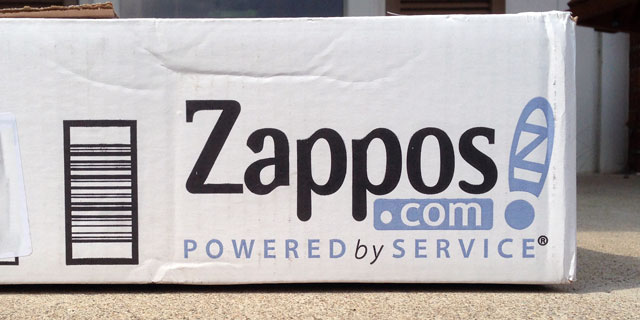
Tony Hsieh, the founder of Zappos, uniquely runs his company. Instead of focusing strictly on the bottom line, market share, or outdoing the competition in sales, he is passionate about delivering happiness to both his employees and his customers. For example, despite the budget that most companies would spend on paid advertising, Hsieh invested in customer service and customer experience. His book, Delivering Happiness, is a recount of the story of Zappos, Hsieh himself, and key takeaways from the process.
I’ve taken some key insights from the book and placed them in a slideshow below, as well as a downloadable PDF if you want to take it to go:
You can also download the PDF version of my notes on Delivering Happiness here:
Delivering Happiness Slides (PDF).
Slide Content:
- The book itself is largely a series of stories from Hsieh’s experience. ! These notes are inspirational, actionable takeaways from those stories.
- Happiness is both an art and a science, and the science part can be learned
- That which makes us happy is always evolving and requires constant attention
- Happiness comes from experiences and perspective, not from things
- The risk/reward payoff in pursuing happiness is better than one thinks
- Money isn’t the source of happiness.
- Having a larger amount of money makes it much easier and likely to actually work on things you are passionate about. This can make you happy, too
- Money and achievement to prove something to others are both tempting distractions from pursuing more fulfilling activities
- Happiness isn’t always immediate
- Happiness is not driven by achieving a goal. It’s driven by figuring out what circumstances make you happy and then creating those circumstances.
- Higher purpose matters a lot more than immediate pleasure.
- Friends are vital to creating a successful business and living a successful life.
- Including others in your success makes your success and happiness that much greater and more rewarding
- Good culture is critical for organizational success because it creates a company’s brand.
- Culture is not an immediate byproduct of the people working at a company but rather the product of conscious work and effort
- Zappos’ success is a clear illustration of the importance of not only strictly adhering to core values but also having them be complementary to each other.
- The choice of a location has a disproportionate impact on a company, far beyond the location of its physical buildings and employees.
- Do not outsource your competitive advantage
- Treating vendors well pays off in the long run.
- Sometimes you have to believe in yourself and your passion, and take a leap of faith, even when no one else does
- Businesses built on loyalty usually end up driving greater penetration than focusing on penetration alone
- Choosing where to play is the most important decision in business.
- Many of the services Tony was religious about at Zappos (e.g. free shipping, upgraded overnight service, culture book, customer service) were expensive and had hard-to-quantify ROI’s, yet ultimately drove long-term success for the company.